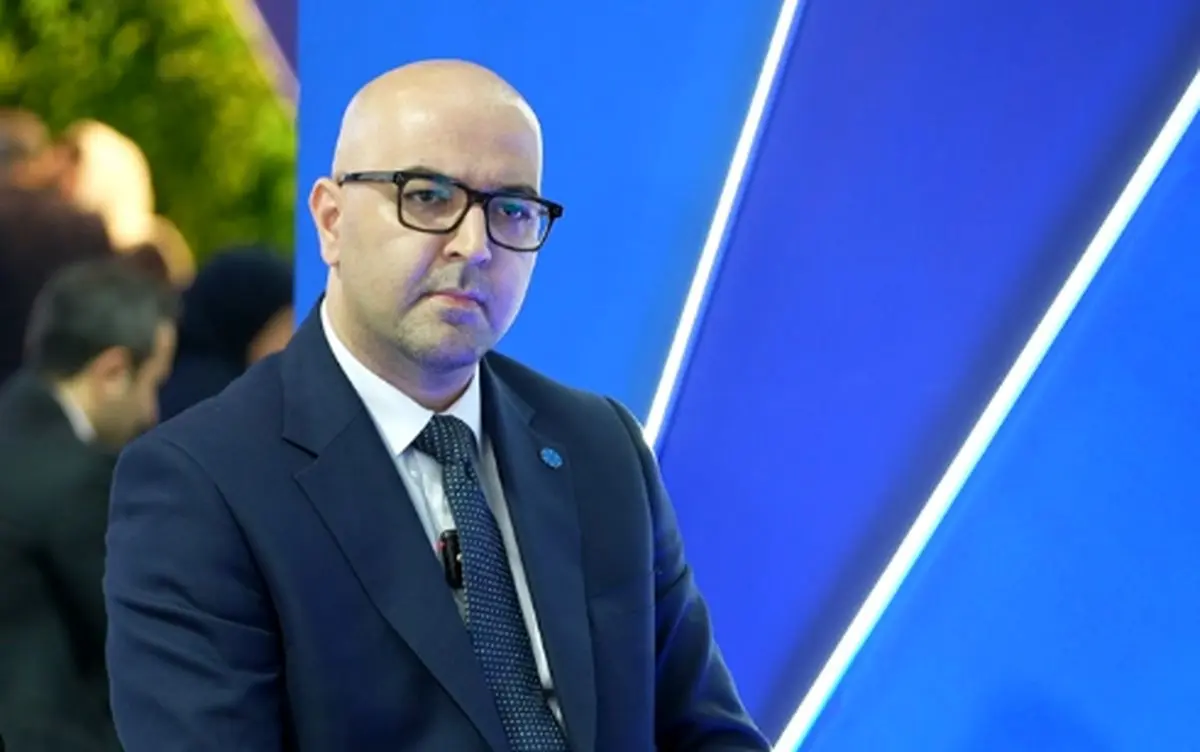SAEDNEWS: Iran will hold nuclear talks with Germany, France, and the UK in Geneva on Tuesday, focusing on sanctions relief. Analyst Diako Hosseini warns that Iran has limited leverage to stop the snapback mechanism, though Tehran could respond with options ranging from radical to moderate measures.

Iran’s nuclear negotiations with the three European countries (Germany, France, and the UK) will be held tomorrow in Geneva. The agenda of these talks includes nuclear issues and the matter of lifting sanctions. Majid Takht-Ravanchi will head the Iranian delegation in Geneva, while the European side will be represented by deputy foreign ministers from Germany, France, and the UK.
In this context, Diako Hosseini, an international affairs expert, in an interview with Etemad Online on the eve of Tuesday’s negotiations between Iran and the three European countries, commented on Iran’s chances of preventing the activation of the snapback mechanism:
“Although there is still a possibility that we could persuade the Europeans to refrain from employing this mechanism, the fact is that their demands, under current conditions, are not achievable for Iran. The reason is that the European parties and the United States perceive this matter from a perspective in which they believe they have already achieved much of what they wanted regarding Iran’s nuclear program through military operations over a significant period. As such, Iran is not in a position with many bargaining chips.”
He continued:
“In addition, they claim and believe that Iran’s economy is currently damaged and that it may also lack considerable social capital. Therefore, the pressures from inside and outside Iran remain. Furthermore, the events of October 7 and Iran’s perceived ties with resistance groups influenced by these events, in Europe’s view, have further weakened Iran’s hand.”
The international affairs expert stressed:
“Thus, the negotiations the Western parties are pursuing to prevent the activation of the snapback mechanism are largely one-sided and prescriptive. It is very unlikely that a reciprocal agreement could be reached that would effectively prevent this mechanism from being triggered.”
Hosseini further added regarding Iran’s possible reactions in the event of snapback activation:
“We do not know yet. Iran has several options ahead. These options vary in intensity — from relatively radical measures such as withdrawing from the Nuclear Non-Proliferation Treaty (NPT) to more moderate steps such as making minor or declaratory adjustments in Iran’s nuclear program and its level of cooperation with the International Atomic Energy Agency. All these can shape a diverse spectrum of responses. But the key question is: which of these options would yield the greatest benefit for Iran and ultimately persuade the Western parties to back away from the path of pressure and snapback?”

